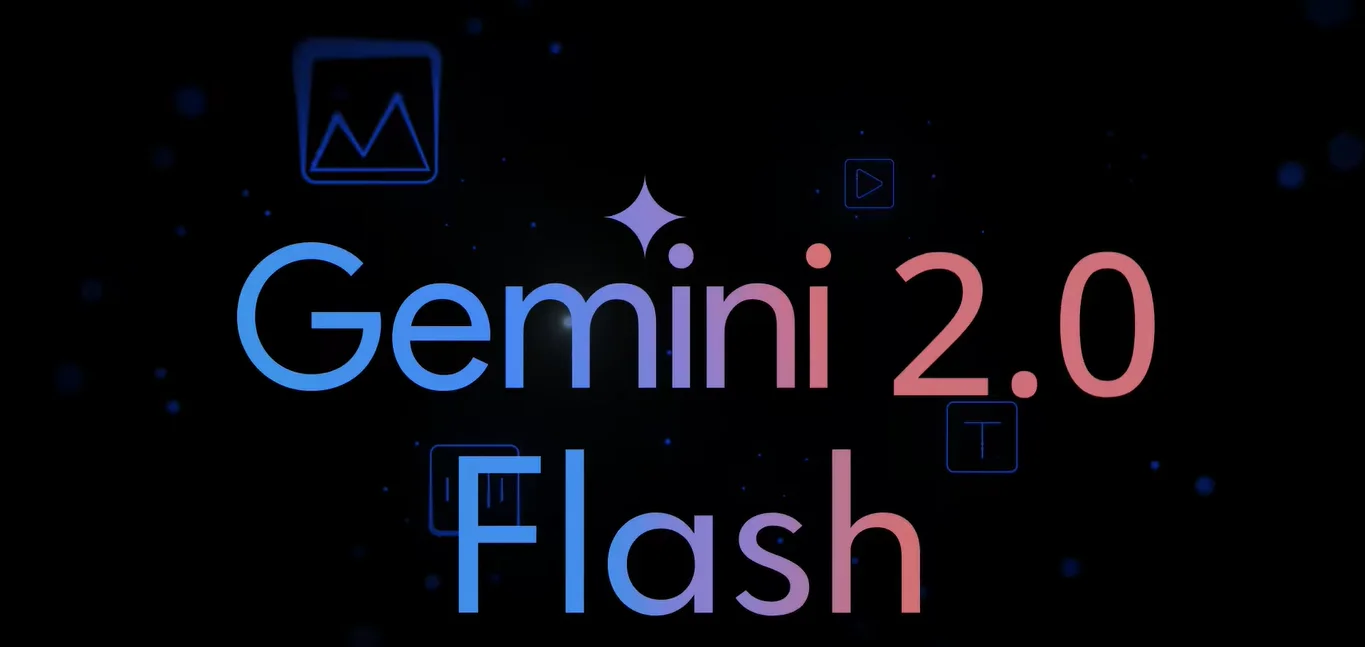The Article Tells The Story of:
- Google’s Gemini 2.0 AI: Experimental reasoning model for problem-solving and coding.
- Self-Verification Feature: Offers detailed explanations but requires longer processing.
- AI Competition: Competes with similar models from OpenAI and others.
- Challenges: High computational demands and mixed early results.
Google’s Experimental Reasoning Model
Google has unveiled Gemini 2.0 Flash Thinking Experimental, a new AI model focused on reasoning. Available through AI Studio, Google’s AI prototyping platform, the model is designed for multimodal tasks, such as programming, mathematics, and physics. Google claims it can analyze complex problems using advanced reasoning techniques. However, the model remains experimental, with room for improvement based on early tests.
Check Out similar Article of Google’s New Updates: Gemini AI and Pixel Smarts Published on December 5, 2024 SquaredTech
How Gemini 2.0 Works
Gemini 2.0 Flash Thinking differs from standard AI models by integrating self-checking mechanisms during its reasoning process. The model pauses after receiving a prompt, considers related questions, and provides an explanation for its reasoning before delivering an answer. This design aims to minimize errors common in traditional AI. However, this process increases response times, sometimes taking several seconds or minutes.
Despite its promise, the model occasionally produces incorrect answers. For instance, when asked about the number of “R’s” in the word “strawberry,” it mistakenly replied with “two.”
The Growing Field of Reasoning AI
The launch of Gemini 2.0 comes amid a surge in reasoning AI models from various companies. Competitors like DeepSeek and Alibaba’s Qwen have introduced similar technologies to challenge OpenAI’s o1. These models focus on improving the accuracy of AI responses by refining their reasoning capabilities.
Google’s Gemini project includes contributions from over 200 researchers and multiple teams. This initiative reflects a broader trend in AI development, where companies are moving beyond scaling model sizes and exploring innovative methods to enhance performance.
Check Out similar Article of Gmail users on Android can now chat with Gemini. Published on December 5, 2024 SquaredTech
Challenges and Future Outlook
Reasoning models like Gemini 2.0 face hurdles, including high computational costs and slower response times. Critics argue that while these models excel in benchmarks, their real-world applications remain unproven. As the demand for generative AI continues to grow, it is unclear whether reasoning models can sustain their current pace of development.
Nonetheless, Google remains committed to advancing AI reasoning, with Gemini 2.0 Flash Thinking marking an early but important step in refining these capabilities.
Stay Updated: Artificial Intelligence


